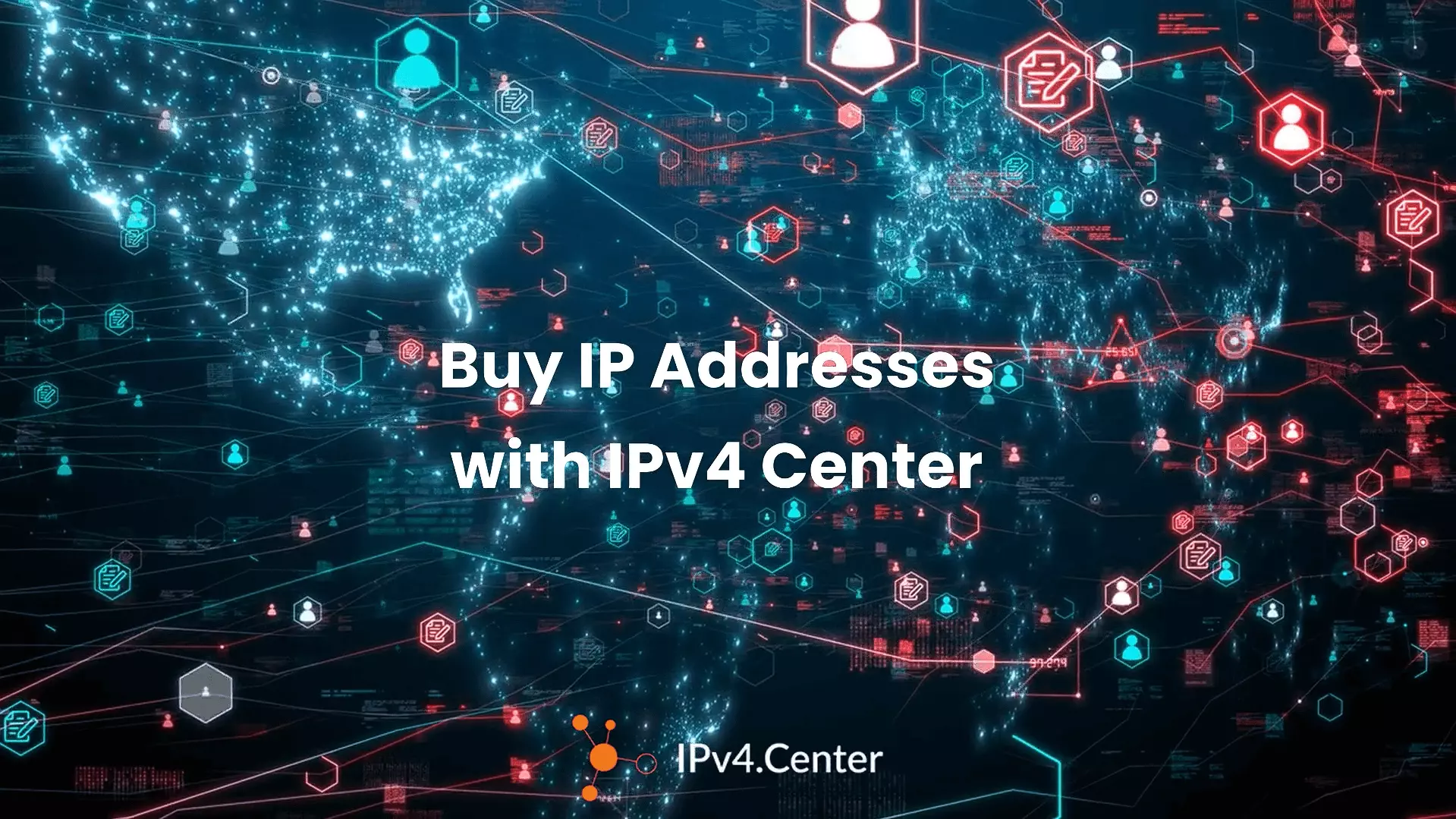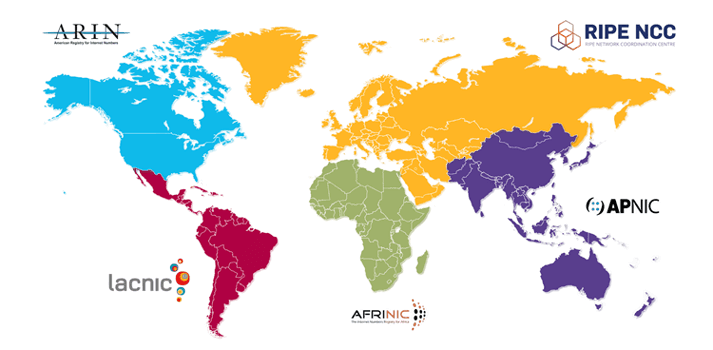

Buy IPv4
Over 10+ Years experience of ipv4 marketing, we are ready to sell, buy or rent/lease your ipv4
subnets.
100% Safe, 100% Clean and Very Fast.
Fastest IPv4
Broker


Over 10+ Years experience of ipv4 marketing, we are ready to sell, buy or rent/lease your ipv4
subnets.
100% Safe, 100% Clean and Very Fast.
Fastest IPv4
Broker



Are you familiar with the process? If you are not, take a look at our seller work-flow.








Are you familiar with the process? If you are not, take a look at our buyer work-flow.













To buy an IPv4 address, follow these steps:
Keep in mind that IPv6 addresses are more readily available and future-proof, so consider implementing IPv6 alongside IPv4 to ensure long-term compatibility and flexibility for your network.
When you buy an IPv4 address, several things happen during the process:
Keep in mind that IPv6 addresses are more readily available and future-proof. Therefore, it's recommended to consider implementing IPv6 alongside IPv4 to ensure long-term compatibility and flexibility for your network.
You can buy IPv4 addresses from several sources:
Before purchasing IPv4 addresses, ensure that the address block is not blacklisted, has no history of abuse, and is correctly registered to the seller. Once you've acquired the IPv4 addresses, work with your IT team to integrate them into your network and ensure proper configuration.
There are several places where IPv4 addresses can be purchased:
Before purchasing IPv4 addresses, verify that the address range is not blacklisted, has no history of misuse, and is registered accurately to the seller. After obtaining the IPv4 addresses, collaborate with your IT staff to incorporate them into your network and ensure they are configured correctly.
Deciding whether to buy or lease IPv4 addresses for your business depends on several factors, including your budget, long-term needs, and growth plans. Here are some key considerations to help you decide:
In summary, consider your business's specific needs, financial situation, and growth plans when deciding whether to buy or lease IPv4 addresses. Additionally, it's important to note that IPv6 is the future of internet addressing, and implementing IPv6 alongside IPv4 will ensure long-term compatibility and flexibility for your network.

Are you looking to buy IPv4 addresses for your business? With the increasing need for internet services and the expansion of the online world, IPv4 addresses have become a valuable asset. In this guide, we'll cover the importance of buying IPv4 addresses, blocks, and subnets, as well as discuss the price, proxies, and providers. Let's dive in!
When you decide to buy an IPv4 address, you're investing in a unique identifier that allows your devices to communicate over the internet. IPv4 addresses are still in high demand due to their compatibility with existing infrastructure, even though they have been largely replaced by IPv6 addresses. Acquiring your own IPv4 address can ensure a more stable and reliable connection for your business operations.
When it comes to IPv4 addresses, one option is to buy IPv4 block. This allows you to purchase a range of addresses, which can be useful for growing businesses. Having a dedicated IPv4 block ensures you'll have a continuous set of IP addresses for your organization, enabling smoother scalability and better network management.
The buy IPv4 address price can vary depending on factors such as the size of the block, the provider, and the market demand. Generally, the larger the IPv4 block, the higher the cost. However, keep in mind that investing in IPv4 addresses can benefit your business in the long run, providing improved connectivity, reliability, and management capabilities.
If you need a more efficient way to organize and manage your IPv4 addresses, consider purchasing an IPv4 subnet. When you buy IPv4 subnet, you're acquiring a segment of a larger network, which allows you to isolate and categorize devices and services within your organization. This helps reduce network complexity and enhance security.
For businesses that prioritize security and anonymity, an IPv4 proxy buy might be a smart choice. A proxy serves as an intermediary between your device and the internet, allowing you to mask your true IP address while browsing online. This provides additional protection and makes it more difficult for potential attackers to identify and target your network.
Finally, when it comes to purchasing IPv4 addresses, blocks, or subnets, selecting a reliable and trustworthy IPv4 buy provider is essential. Make sure to research different providers and compare their prices, reputation, and customer support before making a decision. By partnering with the right provider, you'll be able to optimize your network infrastructure.
Join our newsletter to keep updated from our news.
IPv4 Comments
(TR) FS Veri Merkezi olarak yaklaşık 9216 IP adresi satışını hızlıca ve market fiyatına yakın değerlerden gerçekleştirdik, çalışmak isteyen herkese öneririrz.